#NHTSA
California Vows to Work Toward National Emissions Standard (While Voting to Keep Its Own)
California regulators voted on Friday to mandate an adherence to Obama-era federal vehicle emissions standards for cars sold in the state, regardless of Trump administration efforts to weaken the standards. It’s the latest salvo in a war between the Golden State and the current administration, which aims to strip California of its ability to self regulate its automotive emission rules and roll back the corporate average fuel economy for the entire country.
However, the Trump team doesn’t appear to be completely ignoring the environment. In a 500-page environmental impact statement from the NHTSA on the Safer Affordable Fuel-Efficient (SAFE) Vehicles Rule for Model Year 2021–2026, numerous inclusions acknowledge the existence of climate change. But the takeaway from the report is that the NHTSA doesn’t seem to feel that passenger vehicles will make much of a difference.
Software Glitch Leads to Recall of 230,000 Accords, Insights
Honda Motor Co. is recalling roughly 232,000 Accord and Insight models in the United States over a software glitch that may cause the rear-camera display to malfunction. While the number of recalled units is noteworthy, the severity of the issue is largely dependent upon how careful of a driver you are.
According to reports from the National Highway Traffic Safety Administration, certain 2018 Accords and 2019 Insight hybrids have center displays that may not function properly when asked to access the reverse camera. The NHTSA report specified that some Sport, EX, EX-L, and Touring trims of the Accord suffered from other potential software malfunctions.
Let's Applaud These Affordable Cars for Their Tesla Model 3-like Crash Safety
Sorry, was that too snarky? Our headline alludes to the National Highway Traffic Safety Administration’s recent awarding of five stars in all crash test categories to the Tesla Model 3 — a bit of news that’s made the rounds lately. It’s a worthy achievement, so hats off to Tesla for building a car that can take a beating.
However, if you’re still waiting patiently for Tesla to deliver your car, here’s a listing of vehicles costing less than the current “base” Model 3 (the $44,000 Long Range model) that are just as safe in a collision, and are available to buy at a dealership near you. Like, even today.
Don't Bother With the Garage Tonight: Nissan Recalls Over 215,000 Vehicles in U.S. Over Fire Concern
Nissan North America is recalling 215,124 vehicles in the United States and another 19,761 units in Canada due to an anti-lock brake pump defect that could pose a fire hazard. Affected models include the 2015-2017 Nissan Murano, 2016-2017 Nissan Maxima, 2017-2018 Nissan Pathfinder and 2017 Infiniti QX60.
The National Highway Traffic Safety Administration’s report on the recall says a seal on the ABS actuator pump may leak brake fluid onto the control electronic circuit board, resulting in a malfunction. In such an instance, the ABS warning lamp should come on to warn the driver. If this notification goes unheeded, the fluid leak could eventually cause “an electrical short in the actuator circuit, which in rare instances, may lead to a fire.”
White House and California Still Discussing Emission Rules, Incredibly
Considering that the Trump administration’s Safer and Affordable Fuel Efficient (SAFE) Vehicles proposal specifically calls for the revocation of California’s power to set its own emissions rules, it’s miraculous that the Golden State is still willing to discuss the issue. But here we are.
Administration officials and members of the California Air Resources Board (CARB) emerged from a meeting on Wednesday, saying they were working toward resolving their differences over vehicle emissions, interested in establishing a single national standard, and — get this — would be happy to meet again.
Silent Running: Ford Sought Exception on Federal Noise Requirements for Hybrid Cars, EVs
One of the benefits touted by early electric car advocates was a reduction in noise pollution stemming from automobiles. Electric motors have the potential to run far quieter than their internal combustion rivals, which could result in softer-sounding roadways.
The U.S. Department of Transportation started seriously worrying about the safety implications of silent-running vehicles back in 2010. Still, it wasn’t until this year that it legally imposed artificial noises on EVs as a way to warn inattentive or impaired pedestrians. Starting in 2020, vehicles with a GVWR of less than 10,000 pounds must emit a pedestrian-warning noise at speeds below 18.6 miles per hour.
However, despite a lengthy dialogue between government and industry, Ford was apparently seeking an exception for the federally mandated noise maker.
Fueling the Opposition: EPA Staff Had Serious Reservations About CAFE Rollback Proposal
Staff at the Environmental Protection Agency had major disagreements over the decision to rollback corporate average fuel economy (CAFE) standards for the coming years, according to documents released last week. The matter echoes an event in May where science advisers for the EPA claimed the agency had ignored its own research in order to rationalize the push to relax fuel targets.
Both items have given ammunition to critics of the new proposal to claim the choice was politically motivated and based upon shoddy, biased research. Interesting, considering that’s exactly what the current administration said about the earlier decision to make them more stringent.
Led by the National Highway Traffic Safety Administration and backed by EPA, the current proposal seeks to keep fuel economy standards at 2020 levels — rather than continuing to elevate them. The arguments made for the move revolved around existing consumer preferences and saving lives. However, some of the agency’s staff seemed to be concerned with the NHTSA’s data and claimed it had overstepped by including the EPA in documents it didn’t approve of.
Ford Keen on Ditching the Steering Wheel, Outlines Autonomous Vision
Ford Motor Co. recently released a 44-page report, entitled “ A Matter of Trust,” which clearly states its vision of the autonomous future the tech industry’s attempting to stuff down our collective throats. The file covers Ford’s overall philosophy on self-driving vehicles, a milestone timeline, answers frequently asked questions, and states what the company intends to do over the next couple of years.
While we applaud any automaker that takes the initiative to craft a comprehensive report detailing what they’re plotting, we can’t say we’re enthralled with what we’ve read.
A large portion of the report focuses on giving a general idea of how autonomous vehicles function, what they’ll have to cope with, and answering difficult questions in a frank and honest manner. But Ford also said it intends to launch an AV in 2021 that lacks a steering wheel or pedals. We weren’t happy hearing about General Motors’ development of a car without driver controls back in January and nothing has changed our minds since then.
Will the Fuel Efficiency Rollback Help Employment?
President Donald Trump was obsessed with U.S. employment long before being sworn in as Commander-in-chief. In fact, the jobs rhetoric played a major role in swaying traditionally democratic voters in states like Michigan. The promise of manufacturing positions, the kind of work American used to be known for, was too tempting for some living in the Rust Belt to ignore.
“We’re going to work on the CAFE standards so you can make cars in America again,” he told Detroit’s auto workers in March 2017, referencing the Corporate Average Fuel Economy. “We’re going to help the companies, and they’re going to help you.”
Those fuel economy rollbacks are now fast approaching, after the National Highway Traffic Safety Administration and Environmental Protection Agency released their official proposal last week. But will it truly help bolster employment rates in the United States? The answer depends largely upon who you ask.
Let's Not Forget Where the Fuel Economy Rollback Leaves Oil Companies
The Trump administration’s ongoing endeavor to replace existing fuel economy mandates with something easier on automakers is a hot topic, but the issue has more angles than a rhombicosidodecahedron. One that took a backseat during much of our coverage is where the oil industry fits into all of this. We figured it was pretty obvious because, every time we heard the word “rollback,” our minds automatically added the cash register sound effect.
Car manufacturers aggressively lobbied for more lax corporate average fuel economy (CAFE) standards since Donald Trump took office. But so has the oil industry; it just wasn’t doing so quite as openly. So what exactly does the federal government’s fuel economy rollback mean for Big Oil? Don’t act as if you didn’t already know.
Cha-ching.
EPA and NHTSA Officially Release Fuel Economy Plan, California Decidedly Pissed
After months of discussion, circulating drafts, and arguing with the State of California, the Environmental Protection Agency and National Highway Traffic Safety Administration formally unveiled their plan to rewrite the existing corporate average fuel economy (CAFE) rules and replace them with something far less stringent.
The proposal would freeze the presiding standards in 2020 under the “Safer Affordable Fuel-Efficient (SAFE) Vehicles Rule for Model Years 2021-2026 Passenger Cars and Light Trucks” plan, which is a mouthful.
It also moves to revoke California’s authority to set its own mandates, as predicted. The Golden State made it clear that it wants to maintain the Obama-era limits. However, the proposal includes a section emphasizing the importance of a single national standard, saying it would seek to withdraw the waiver granted to California in 2013.
“Attempting to solve climate change, even in part, through the Section 209 waiver provision is fundamentally different from that section’s original purpose of addressing smog-related air quality problems,” reads the proposal. “When California was merely trying to solve its air quality issues, there was a relatively-straightforward technology solution to the problems, implementation of which did not affect how consumers lived and drove.”
States' Rights: EPA Seeks '50-State Solution' for Fuel Rules, California Happy to Settle for 16
Andrew Wheeler, the acting head of the Environmental Protection Agency, said the United States needs a single standard for fuel efficiency for cars and trucks on Tuesday. It’s a sentiment shared by Mary Nichols, head of California Air Resources Board, but it’s likely to put the two at odds. Wheeler said the pair shared that singular goal based off a meeting held last week, but California isn’t seeking the same benchmarks as the current administration.
The state objects to the EPA’s plan to weaken Obama-era efficiency targets, and is currently in the midst of a political and legal battle with the agency. However, Wheeler confirmed that, under his watch, the group would continue seeking a “50-state solution.”
Replacement EPA Boss on Board With California Gas Confab
Following Andrew Wheeler’s appointment as acting head of the Environmental Protection Agency, he extended an invitation to the California Air Resources Board to discuss emission regulations — a matter which former EPA administrator Scott Pruitt seemed less inclined to discuss with the state.
Mary Nichols, chairman of the board, said Wheeler reached out to state officials and the pair agreed to hold a meeting in Washington. It’s a slight easing of tensions in the cold war between D.C. and Sacramento.
NHTSA Deputy Administrator: There's No Need to Regulate Autonomous Cars
Heidi King, deputy administrator of the National Highway Traffic Safety Administration, claims it’s too soon to begin imposing rules on self-driving vehicles. Thus far, the NHTSA as taken a supremely lax posture on handling autonomous vehicles in the hopes that a softer touch will assist in their swift development.
However, a cluster of fatal incidents involving advanced driving technology created fresh paranoia within the government.
While the argument could be made that those accidents demand a response from federal regulators, it’s also clear the government doesn’t have a firm grasp on the technology. Likewise, there’s little consensus among automakers that have only recently begun discussing how these vehicles should be standardized, and loads of conflicting opinions exist on the matter of safety. In the short term, advanced electronic aids allow motorists to become worse at driving. But, if fully autonomous vehicles function as intended, their long-term safety benefits could be immense.
The NHTSA claims the resulting confusion means it’s too early in the process to make any kind of definitive rulings.
Take a Look at 2011-2014 Kia and Hyundai Fires, Safety Group Tells NHTSA
Almost all models occasionally burst into flames for one reason or another, but there’s too many older Kia and Hyundai models catching fire to write it off as a statistical inevitability, the Center for Auto Safety says.
In a letter sent to the National Highway Traffic Safety Administration on Monday, the nonprofit advocacy group used owner-submitted questionnaires from the NHTSA’s own website as proof that something’s amiss with certain 2011-2014 Kia and Hyundai models. 120 reported vehicle fires and 229 cases of melted wires in the engine compartment, smoke, or burning odors should be enough to spark an investigation, CAS said.




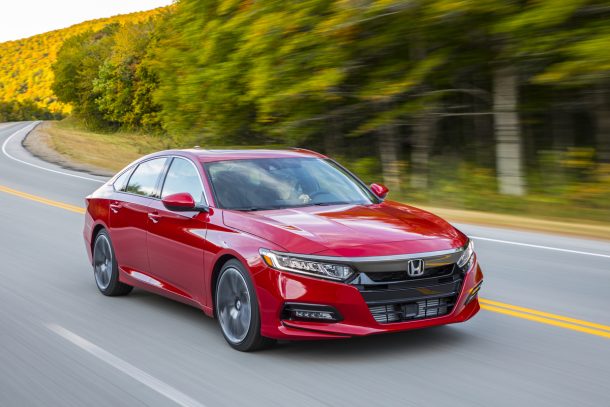
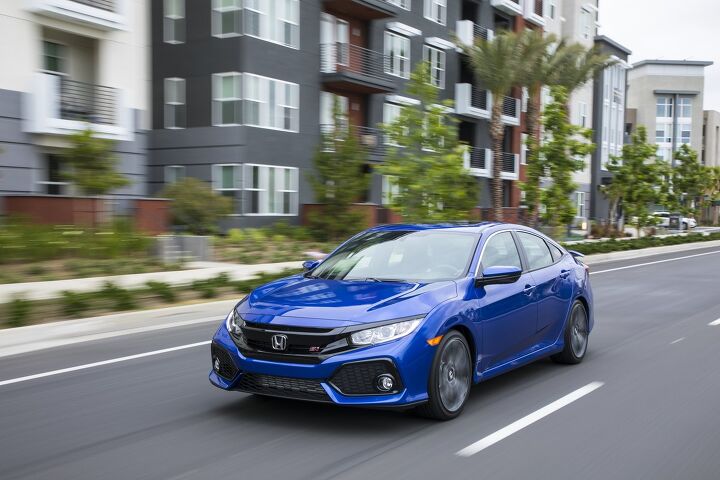
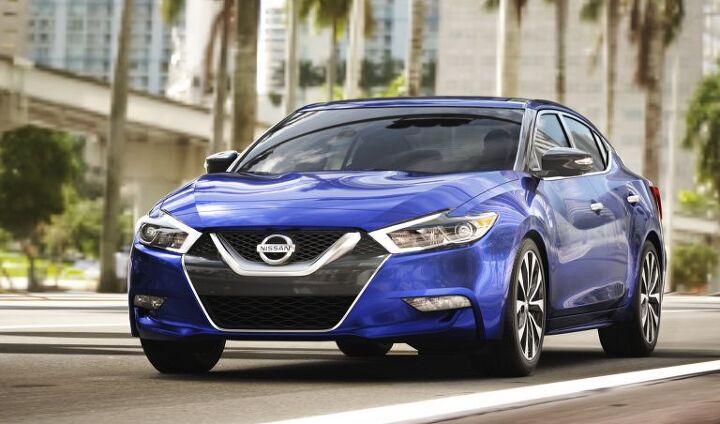



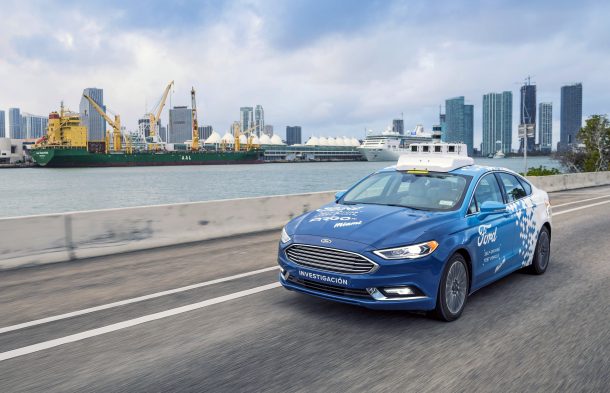
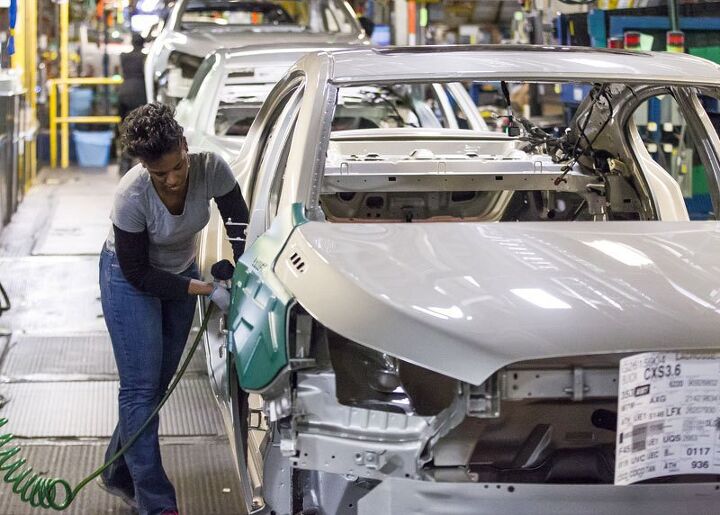




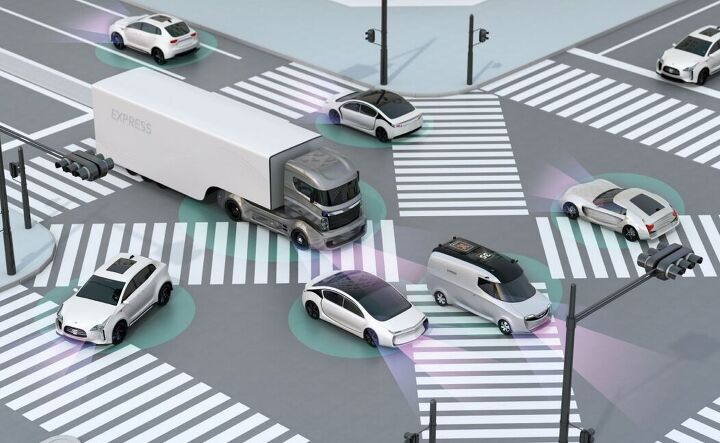
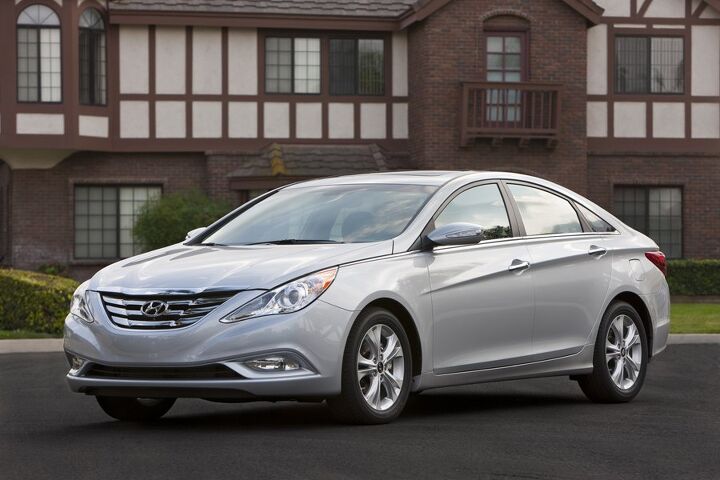












Recent Comments